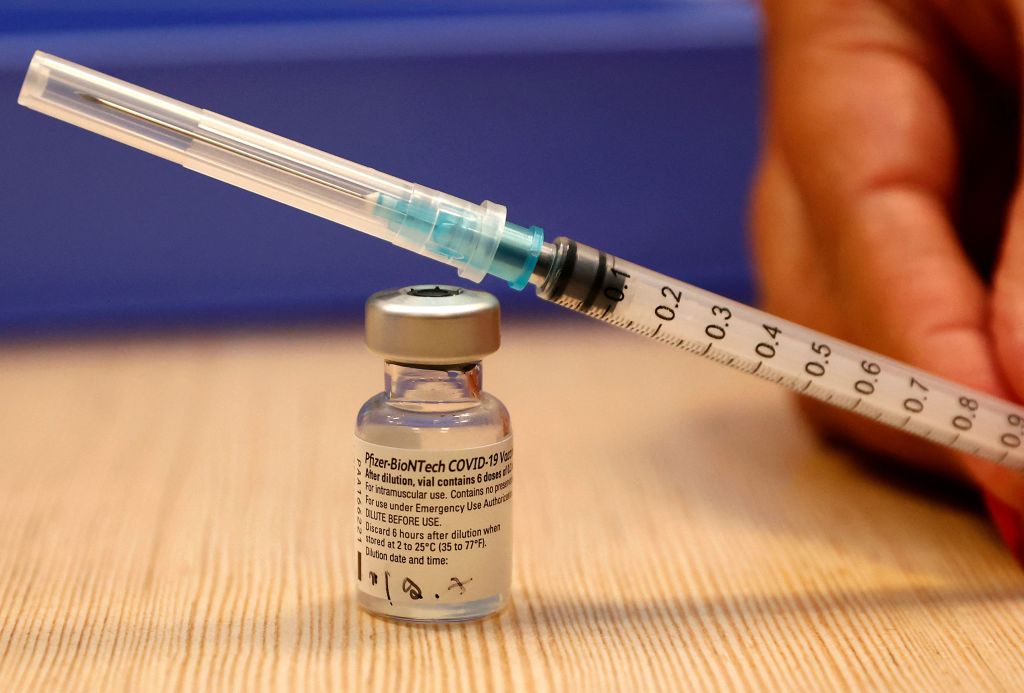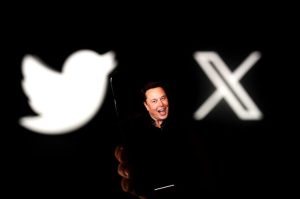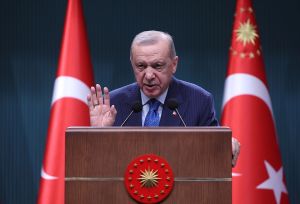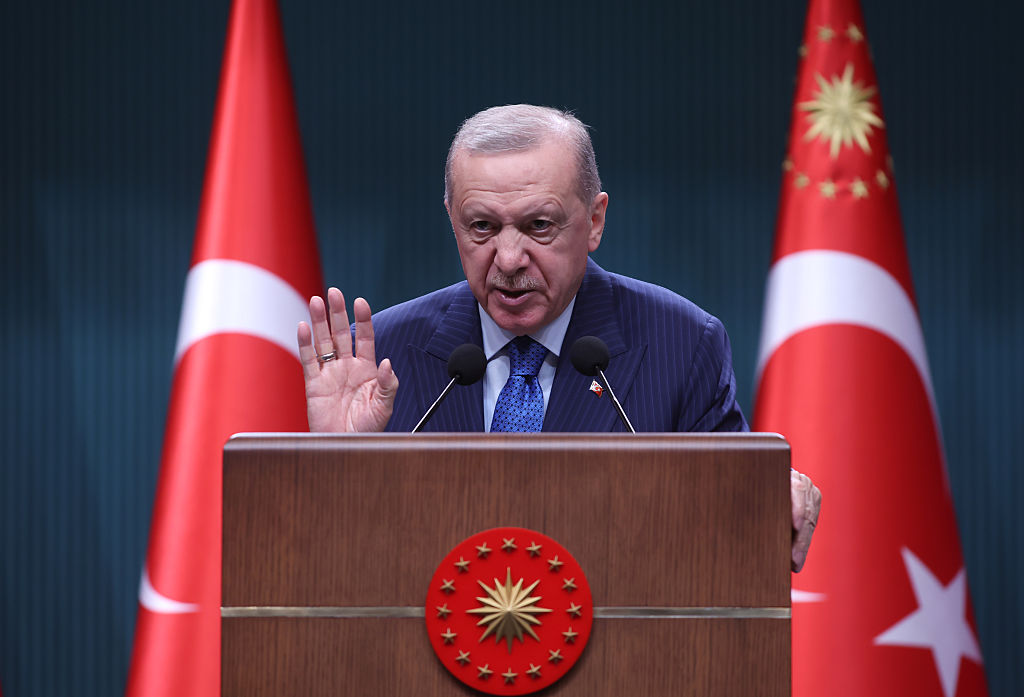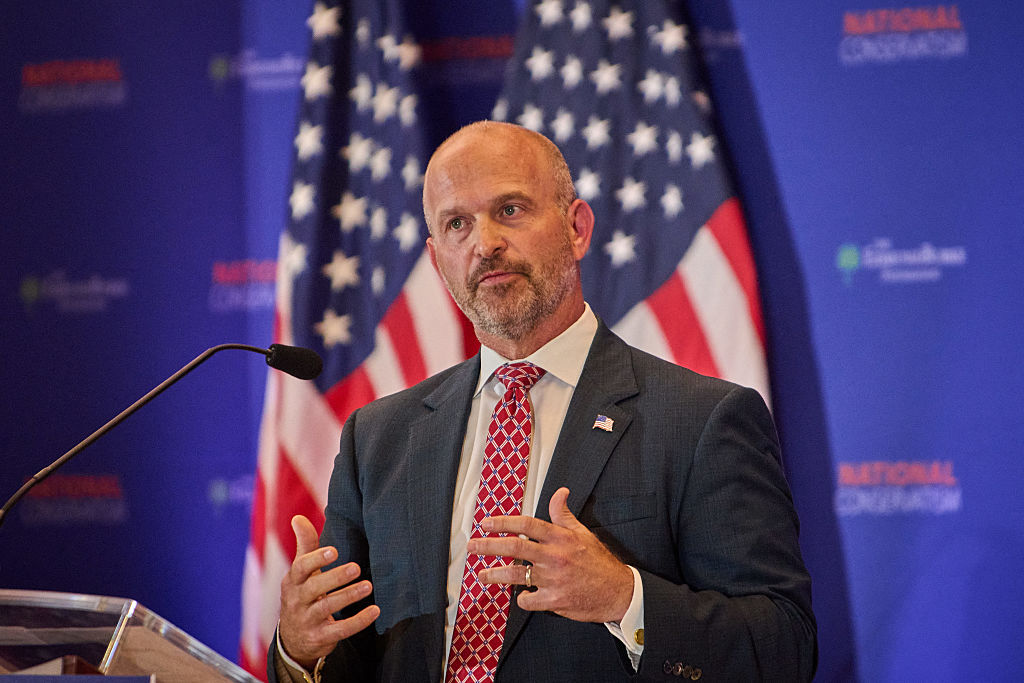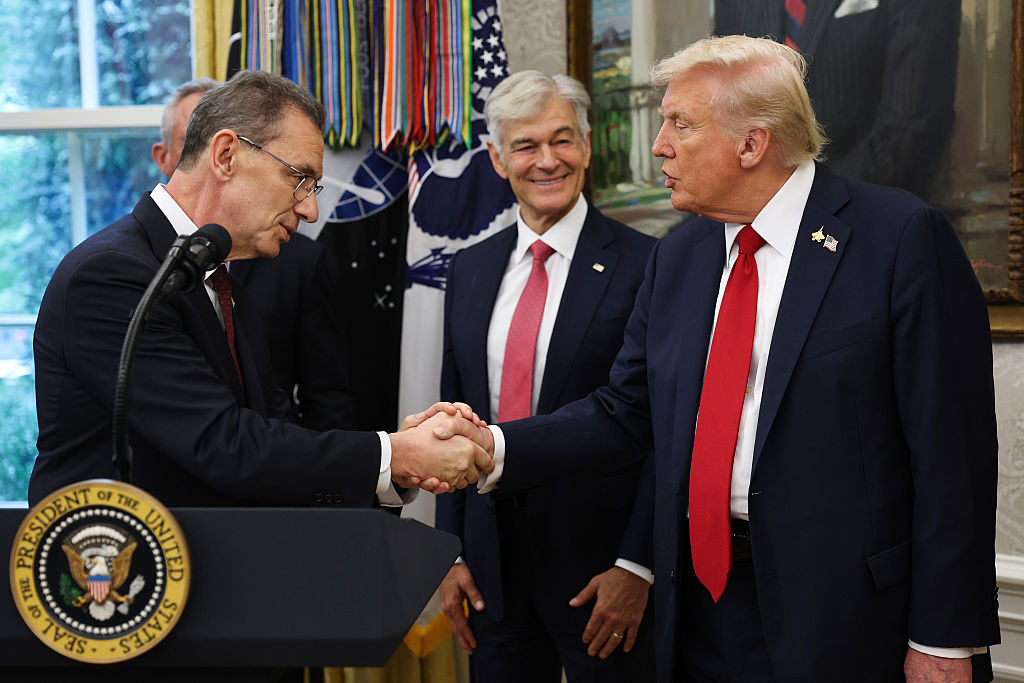Do Americans need a third booster shot of the Pfizer vaccine? The question is the subject of a remarkable row between the drugs company and the government — the former of which is putting together an application for emergency use authorization for a third dose and the latter of which has so far proved unwilling to sanction it. The Department of Health and Human Services issued a statement after a meeting on Monday saying: ‘At this time fully-vaccinated Americans do not need a booster shot.’ For its own part, Pfizer cites evidence from Israel which, thanks to a deal with Pfizer, was able to get ahead in its vaccination program in return for the country effectively being used as a giant human laboratory. The company argues that antibody levels among Israelis who have received two shots are already beginning to fall, fueling a rise in new infections of the Delta or Indian variant. Israel has just begun to administer a third, booster shot to vulnerable individuals such as heart patients. Pfizer claims that antibody levels among those given a third dose have risen five or 10 times.
It is not hard to see the possible advantage, from a drugs company’s point of view, of giving citizens of rich countries a third booster shot — more revenue, higher profits. Yet at the same time, Pfizer is effectively running down its own product. Its COVID vaccine was sold to the world on the basis that it would provide long-term protection from COVID. If Pfizer is now telling us that antibody levels are already falling after a matter of months, and falling to the point at which a third dose becomes necessary, the world is going to start asking: just how useful is the vaccine as a long-term means of controlling the pandemic? Initially, trials mRNA vaccines like Pfizer and Moderna reported higher levels of immunity from COVID symptoms than more traditional vaccines like that produced by AstraZeneca. But all eyes will be on how long immunity lasts. It is going to become extremely expensive if whole populations have to be inoculated several times a year. In the end the vaccines which win out will be those which provide lasting immunity, not necessarily those which provide the best initial protection.
There is another complication for governments contemplating sanctioning third doses: any which does so is going to face opposition from the World Health Organization, which has argued for some time that now the most vulnerable people in wealthy countries have been vaccinated, the priority should be switched to inoculating vulnerable people in developing countries. The argument ‘no one is safe until the whole world has been vaccinated’ wouldn’t have cut much ice with Donald Trump, who pulled the US out of the WHO. But Joe Biden, who has positioned himself as an internationalist in contrast to the isolationist Trump and who rejoined the WHO, would find it harder to ignore it pleas for wealthy countries to donate more vaccines to the developing world. The Israeli trial of third doses will continue, but unless very convincing data comes out of it the US government will be in no hurry to call people back to vaccination clinics.



